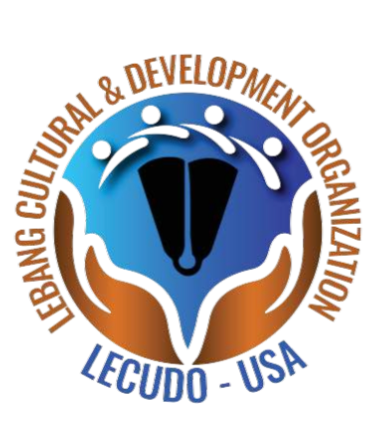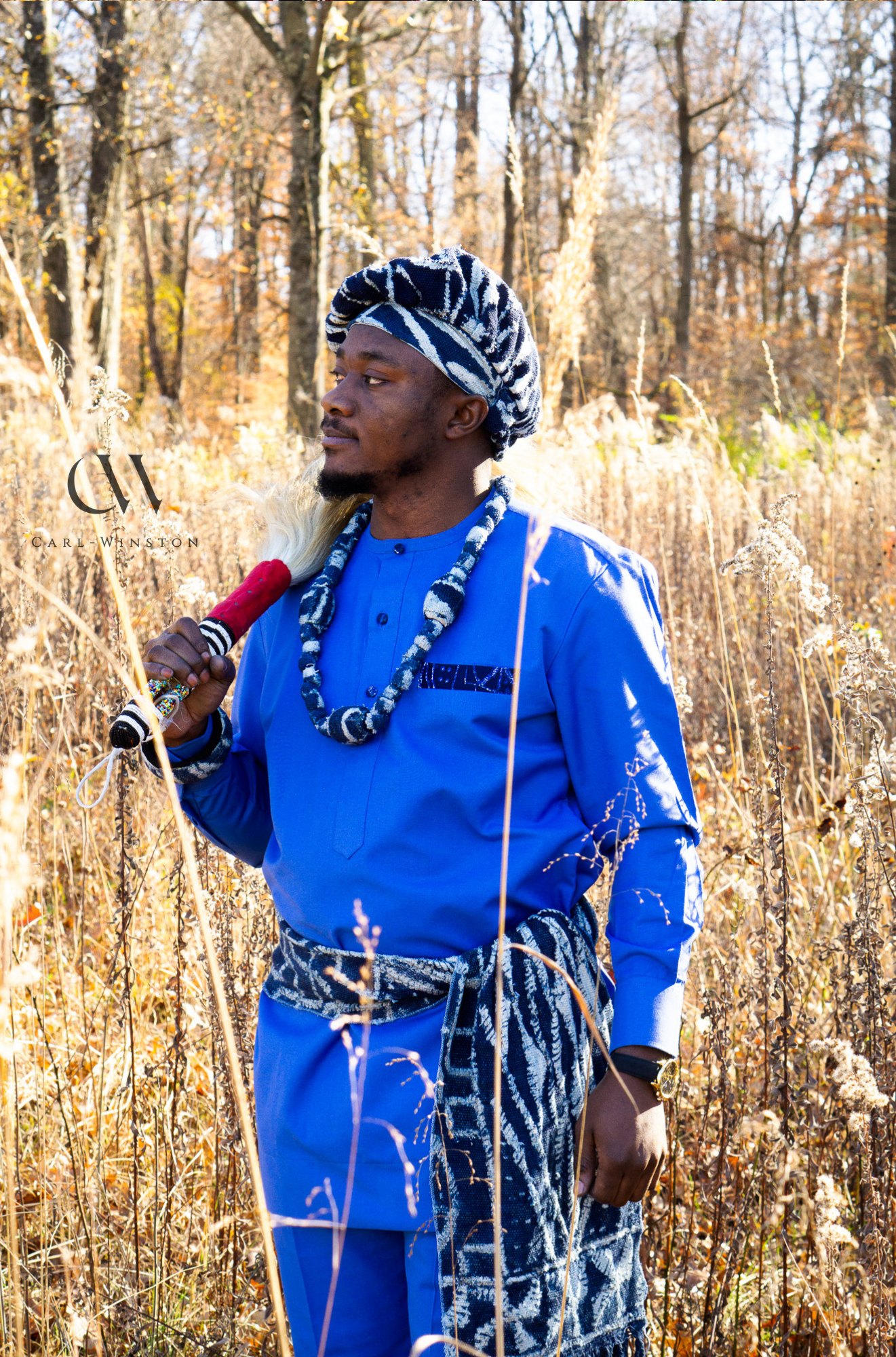Dr. Ferdinand Mbecha has spent considerable time reflecting on the significance of names, particularly the names given to children by their parents and ancestors. Through his work in the Nweh language, he has observed that the deep cultural and historical meanings behind names are often overlooked in modern times.
“In our time, very few people name their children following a significant pattern,” Dr. Mbecha explains. “Many names are passed down from parents or grandparents, but their meanings are often lost. Yet, if we deconstruct our names, we see that they are living libraries of sociocultural and historical knowledge. Every time we call a name, we bring history and culture to life.”
Dr. Mbecha often finds himself consulted by individuals who seek to understand the origins and meanings of their names. Pregnant women have also approached him, requesting guidance in selecting names that hold personal and cultural significance. However, he acknowledges that even as a scholar of language, there are times when he is just as uncertain about the meaning of certain names as those who inquire.
Despite this, he has noted a clear trend—people rarely ask about commonly accepted names like Atabong, Asonganyi, Atemnkeng, and Awung, as they do not carry any stigma. Instead, most inquiries concern names with perceived negative connotations, such as Azombu, Mbunya, Lerazoah, Ngangtanu, Nongdi, Akwatlambeng, Mbengamina, and Kundiashuo. Many young individuals worry that these names might negatively impact their life chances or cause discomfort in social situations.
One particularly memorable encounter involved a young man named Azombu, who was told his name meant “insult of a dumb person.” Dr. Mbecha quickly realized that this interpretation was only at the surface level. “Azombu comes from two words: ‘azo’ and ‘mbu’. While ‘azo’ can mean insult or curse, it can also mean oath or declaration of innocence. ‘Mbu’ can mean dumb, but it also signifies innocence. The full name, ‘Azombu a mbo Ndem,’ translates to ‘The oath of the innocent is with God.’”
Through this deeper understanding, Dr. Mbecha was able to help the young man appreciate his name’s connection to justice and faith in divine fairness. He believes that rather than rejecting names, individuals should embrace them as part of their identity, recognizing the wisdom and history embedded in them.
Names as a Reflection of History and Family Narratives
Dr. Mbecha strongly believes that names act as historical records and a gateway into the minds of the ancestors who coined them. Naming traditions within families serve to preserve ancestral memories and lineage, keeping the stories of past generations alive.
“Our names reveal the nature of our forebears’ lives and relationships. They are a living history of our ancestry,” he states.
Dr. Mbecha recalls a personal anecdote: “My own name, Awunglefac Ferdinand, is a testament to my father’s friendship with his cousin, the late Mami Lucia Awunglefac, daughter of Otabong Asaba. She was in Azi doing business at the time of my birth and asked my father to name me after her and her husband. That is how I got ‘Awunglefac’ from her and ‘Ferdinand’ from her husband.”
Through such naming practices, relationships, friendships, and family histories are preserved in a way that written records often fail to capture.
Names as Expressions of Struggle, Fate, and Faith
Another aspect of naming that fascinates Dr. Mbecha is the way in which names serve as reflections of human experiences, emotions, and resilience in the face of adversity.
For instance, the name Anuteneng (which translates to “unending struggle or attempts”) was traditionally given to a child born after a couple had lost multiple children. In times past, child mortality was extremely high, but parents refused to give up hope.
“In defiance of death, a couple would name their child ‘Anuteneng’ to signify that childbirth is a continuous struggle. It was their way of saying that they would not surrender to grief.”
However, there were also names that conveyed resignation to fate, such as Nteumbo or its full form “Nteumbo mfia a mbo Ndem”, which means “I have cupped my hands toward God.” This name signified both surrender to divine will and a belief that God would ultimately provide.
Dr. Mbecha recalls an old song that encapsulates this sentiment: “Nteumbo ta saa azem bo,” meaning, ‘He who cups their hands in supplication will never go back empty-handed.’ This belief, he notes, reveals a deep-seated cultural and spiritual philosophy embedded in names.
Names as Cultural Documents and Rituals
Some names are also reflections of ritual practices and significant cultural moments. For example, Ajoche (or Tajoche for males) is a name given to a child born immediately after the death of a family elder.
“The name comes from ‘njo’ (to rub) and ‘ache’ (earth or ground). It literally means ‘rubbed earth,’ signifying that the child was born after a mourning ritual where soil was rubbed on the bereaved’s face.”
This highlights how names serve as reminders of past rituals and can teach younger generations about cultural traditions that might otherwise fade away.
Names That Invoke God
Dr. Mbecha also notes that many names among the Bangwa and Tikar people carry references to God (Ndem). Prince Asaatong Fontem once observed that Bangwa naming practices closely resemble those of the Igbo people of Nigeria, particularly in how they invoke divine qualities.
“We have names like Ngwisi and Ngwindem (priestess of God), Nkemsi/Nkemndem (priest of God), Ndemazia (God alone knows), and Ndemanu (If God says it, who can challenge him?). These names are a powerful testament to the spiritual beliefs of our ancestors.”
Through these names, faith and divine reverence are passed down from generation to generation.
Keeping Name Meanings Alive
In concluding his reflections, Dr. Mbecha emphasizes the importance of preserving name meanings for future generations.
“Just as we pass down family origin stories, we must also explain to our children the origins of their names. In doing so, we ensure that our family histories remain alive and that our children feel a deep sense of belonging.”
Names, he argues, are not just labels but profound symbols of history, identity, and resilience. By keeping their meanings alive, we honor the past while guiding future generations toward a deeper understanding of their heritage.





